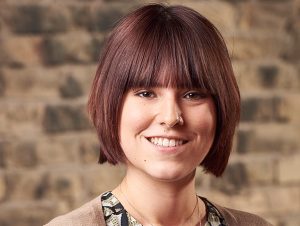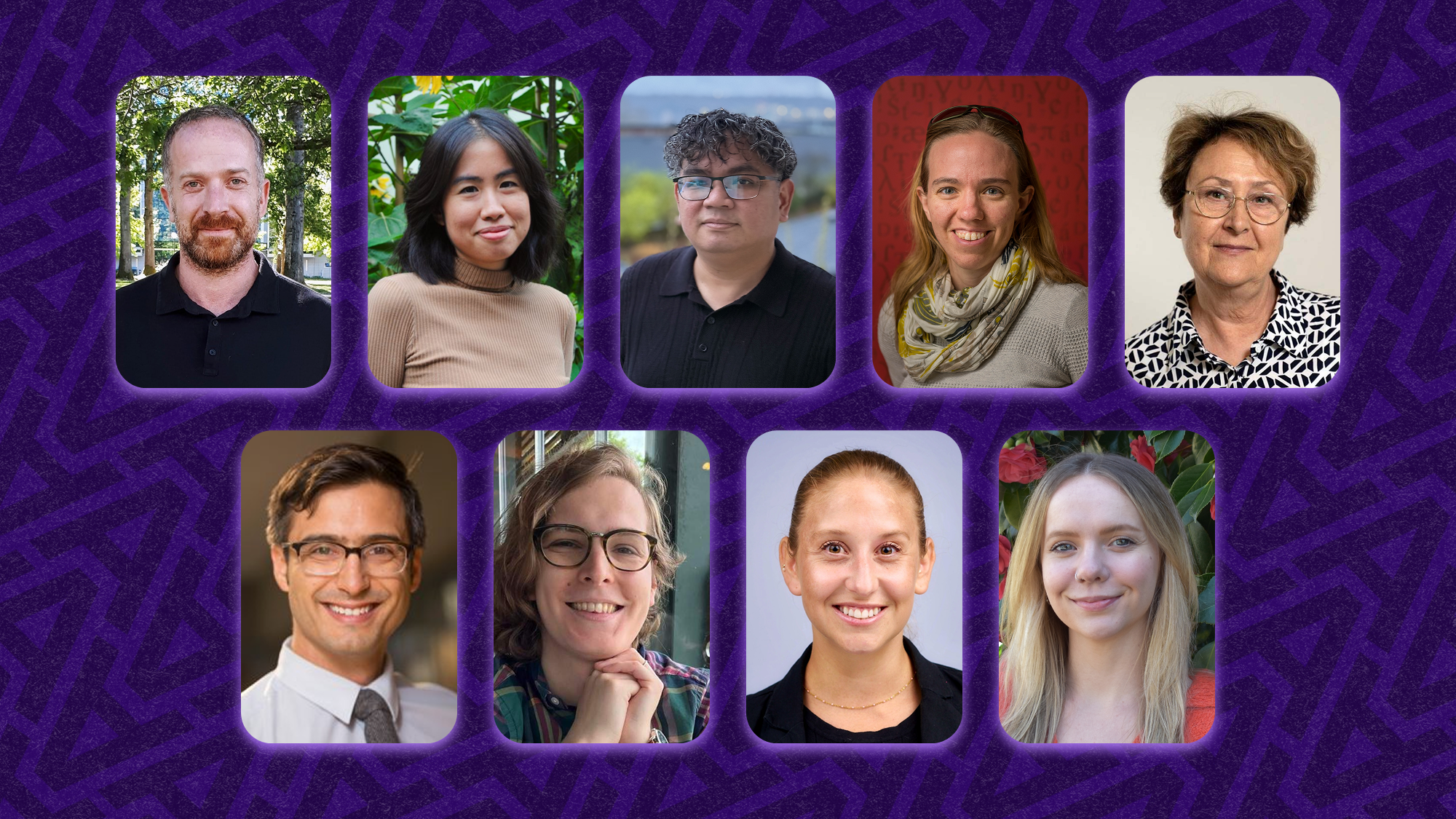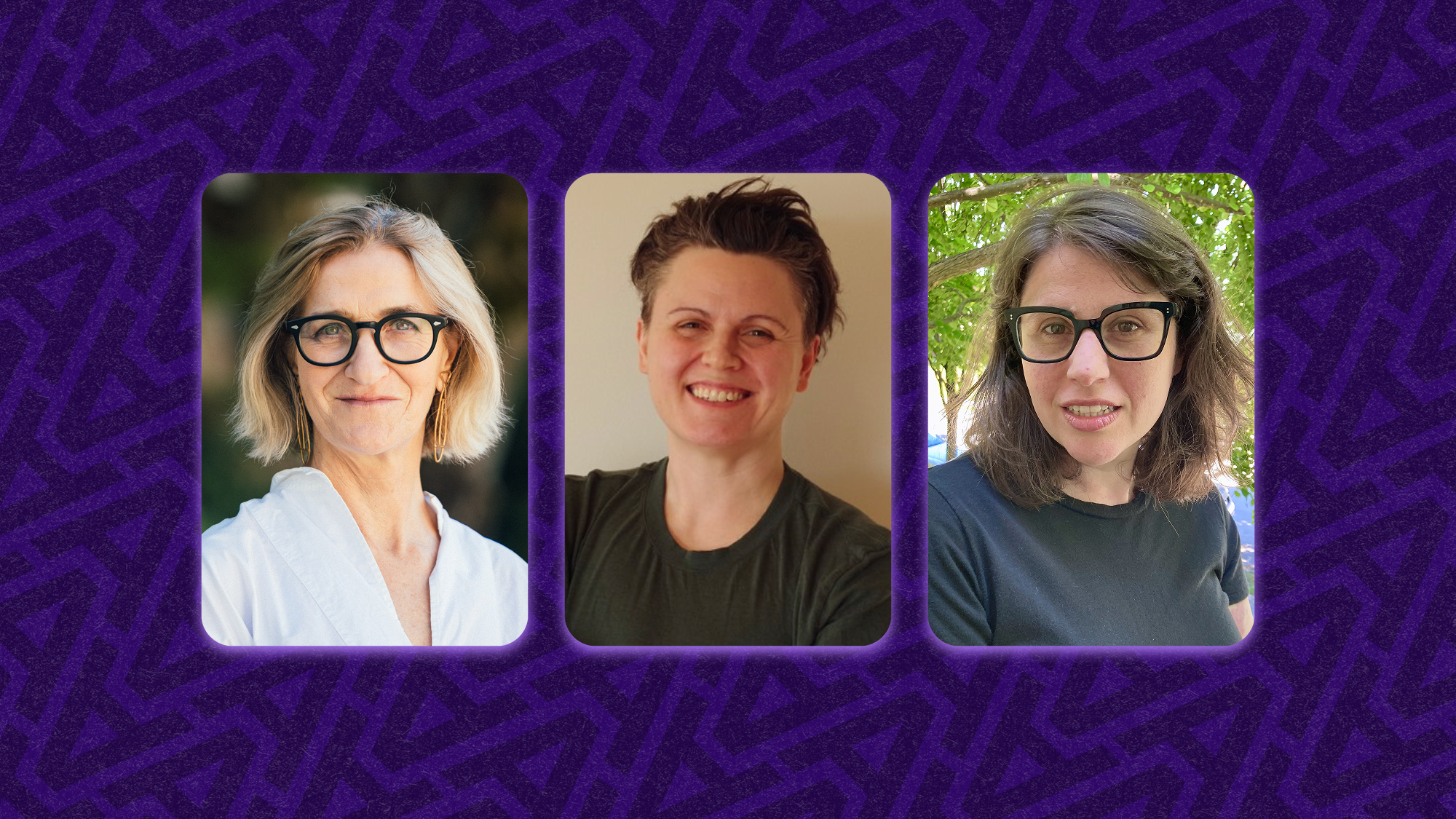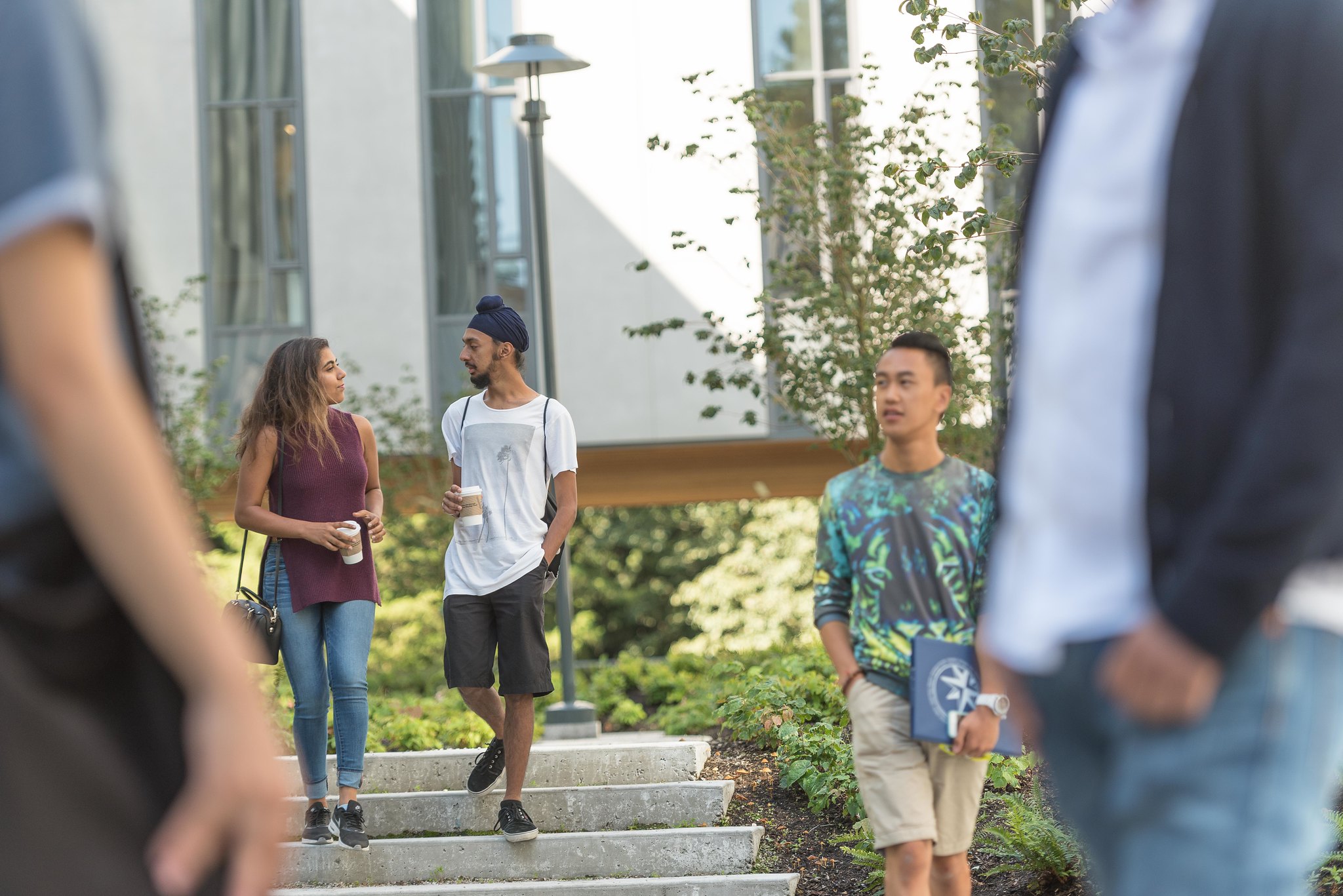Nikita Day is a 3rd year student majoring in Gender Studies, Race, Sexuality and Social Justice (GRSJ) with a minor in First Nations and Indigenous Studies (FNIS). Nikita is familiar with the pressures of school and attending a university bigger than her home community. Read more to find out how Nikita spent Summer 2017 doing what she loves, her advice for new Aboriginal students and her work with the Indigenous Collective and Unceded Airwave’s at CiTR Radio Station.
Why did you choose to study GRSJ and FNIS?

I actually came to UBC with the intention of majoring in Media Studies. However, during my first year I was finding the majority of my courses to be a bit dry and mechanical. Luckily, as part of the Media Studies CAP program, I had to take a mandatory class similar to GRSJ and it’s safe to say I was hooked by the second week. I felt so moved by that one class that I ultimately decided to change my major to GRSJ and haven’t really looked back since.
Could you tell me a bit about how these two subjects relate and complement each other?
GRSJ is an extremely broad topic so a lot of students choose to minor or double major in a more specific facet that interests them. Intersectionality between the different issues studied in GRSJ has always interested me, and I think that it is essential for having well rounded discourse on any topic surrounding gender, race, sexuality and so on. For me, being an Indigenous woman, I can’t help but look at most of these subjects from an Indigenous perspective and it has always been the topic that I am the most drawn to. Declaring FNIS as my minor has given me the opportunity to really focus in how our histories and experiences as Indigenous peoples continues to shape our relationships today. There are a lot of misconceptions and remaining prejudice in Canada with respect to Indigenous peoples and much of this stems simply from misinformation or a general lack of knowledge on the issues. Even though an institution like UBC isn’t the only place to educate oneself, for me, it’s helped create a better understanding of my own views and allowed me to shape opinions on things that I hadn’t thought extensively about before coming here.
How did you get involved with CiTR (UBC’s Campus Radio Station) and what is your role there?
I think I originally joined the radio looking for some sort of creative outlet. I had signed up for the Women’s Collective initially and after attending one of their general meetings it turned out that the Indigenous Collective was meeting in the same place right after, so I stuck around and sat in. I ended up coming back the next week and then the week after that as well. Before I had really thought about it, I was an official member. My role in the collective isn’t really set in stone, but I essentially work with a group of Indigenous and non-Indigenous students to put on the weekly radio show called Unceded Airwaves. Because I have never worked in radio before it’s all been a massive learning experience. From doing my first interview and creating my first podcast, to running the board during our live shows, I’ve enjoyed doing it all.
What are you currently doing now and what is your favourite part about your current job?
While my major is GRSJ, I definitely haven’t lost interest in media and my ultimate goal is to become a screenwriter. I’ve spent the last summer in Winnipeg at the National Screen Institute attending the CBC New Indigenous Voices Program. From there, I’ve been gaining experience in writing, directing, and producing my own work. This year I plan to finish my degree, continue taking part in the radio show, and spend more time pursuing my own projects. For me, combining creativity with critical thinking, and hopefully spreading awareness on certain issues, especially those surrounding Indigenous peoples, is really rewarding. I hope to continue doing that for as long as possible.
What is something you know now that you didn’t know before you started your degree at UBC?
I feel like I’ve gained a better perspective on the things that really matter to me and what I’m truly passionate about. When I first got here, I thought that I had it all figured out. Now, I’ve found myself on a completely different path, but it also feels as though everything is working out the way it should. I wish that I had known to take advantage of the resources available to me as an Indigenous student in my first two years. It wasn’t really until my third year that I started going to the Long House and collaborating with the other Indigenous students, and that has turned out to be one of the most rewarding experiences that I’ll take away from my time here.
Do you have any advice for Aboriginal students who are trying to make friends and feel connected on campus?
I know how difficult it can be attending an institution like UBC for the first time especially if, like me, you come from a much smaller place. My advice for other Indigenous students would be to try getting involved. It doesn’t necessarily have to be at the Long House, although it’s a good place to start, there are also hundreds of clubs and organizations on campus that have created their own smaller communities and safe spaces. It’s one of the easiest ways to meet like-minded people and to make friends. I think that this is really important, otherwise you can find yourself getting swept up in the massive crowds or being crushed under all the pressure. Also, I would recommend being open minded. I came to UBC being so focused on doing one thing, but now I’m in a degree that I didn’t even know existed before coming here. Ultimately, I think that granting yourself the freedom to try new things and finding the courage to expand your views on what you thought was possible, is key to making the most of your time in university.
Who/what has inspired you lately?
This summer, working with other young Indigenous filmmakers on their projects has been such an inspiring experience for me. Seeing the impact that their work has had and the passion with which they are chasing their dreams is something that drives me to work harder on my own endeavours. Similarly, being a part of the Indigenous Collective here at UBC and taking part in producing our show every week has been so rewarding because I get to see first hand the incredible work being done by Indigenous peoples all across turtle island. Hearing their stories and seeing how this can work to empower other Indigenous peoples, inspires me every day.
ASA Tip: Interested in listening or getting involved with the Aboriginal Collective and Unceded Airwaves at CiTR (UBC’s Campus radio station)? Then go check out their Website, Facebook and Twitter.


